Indian state-run refiners have resumed payments in Chinese yuan for Russian oil shipments, amid signs of improving diplomatic ties between New Delhi and Beijing, according to a Reuters report, citing trade sources.
India’s top state refiner, Indian Oil Corporation (IOC), recently settled payments for two to three Russian oil cargoes using the Chinese currency, added the report, citing the sources.
Viewing the thaw in India-China bilateral relations and seeing an opportunity to streamline transactions, traders offering Russian crude had begun requesting yuan-denominated payments from Indian state refiners.
The move marks a resumption of yuan usage in state-level oil transactions after a hiatus in 2023.
Payments in yuan had previously been halted following concerns expressed by the Indian government during a period of heightened tension with China. Private refiners, however, continued to use the Chinese currency during that time.
Western sanctions imposed on Moscow following its 2022 invasion of Ukraine have pushed Russian oil exporters and their trading partners to adopt alternative currencies, including the yuan and the UAE dirham, bypassing the traditional US dollar-dominated system.
According to Reuters, traders previously had to convert payments from dirhams or dollars into yuan — the only currencies that can be directly exchanged into roubles required by Russian producers.
The renewed use of yuan by Indian state refiners eliminates an extra step in the payment chain, reducing transaction costs, added the report.
According to trade sources, Russian oil is still being priced in dollars to comply with the European Union’s price cap on Russian crude exports, but sellers are now requesting yuan payments equivalent to those dollar values.
Impact Shorts
More ShortsIndia has emerged as the top importer of Russian seaborne crude since Western nations suspended direct imports from Moscow.
The ability to pay in yuan could increase access to Russian oil for Indian state refiners, especially as some traders are unwilling to accept other currencies.
The development comes as India and China show tentative signs of warming ties. Direct flights between the two countries resumed recently after more than five years, and Prime Minister Narendra Modi visited China last month for the first time in seven years to attend the Shanghai Cooperation Organisation (SCO) summit.
With inputs from agencies


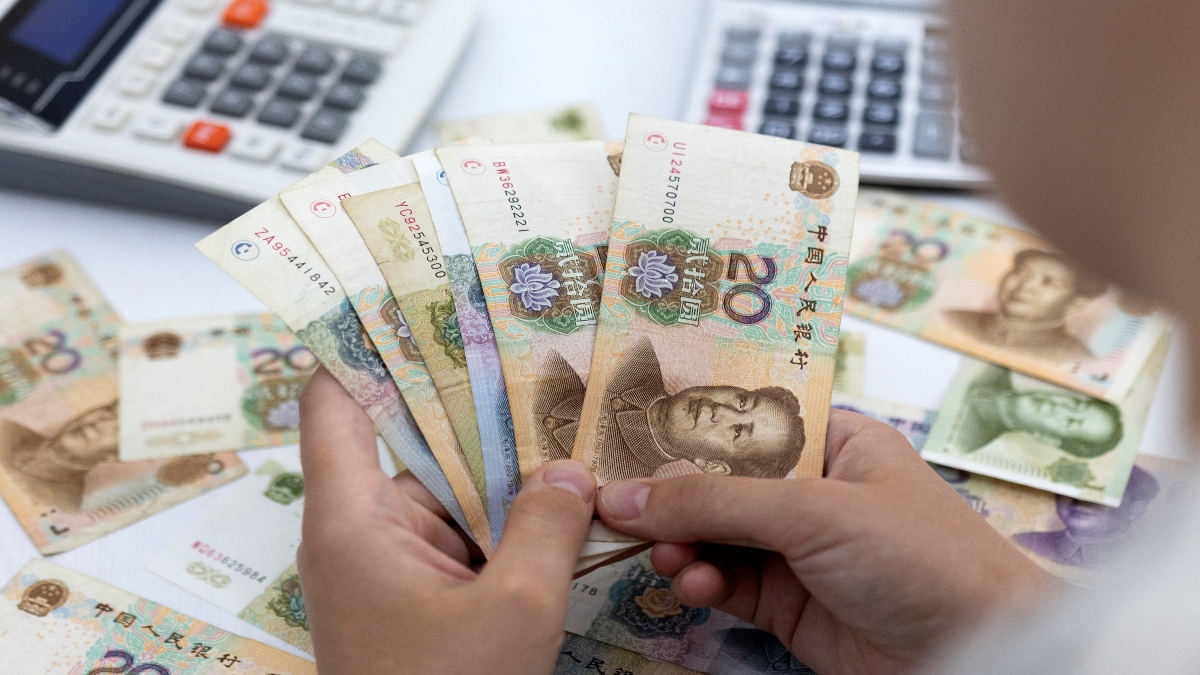)
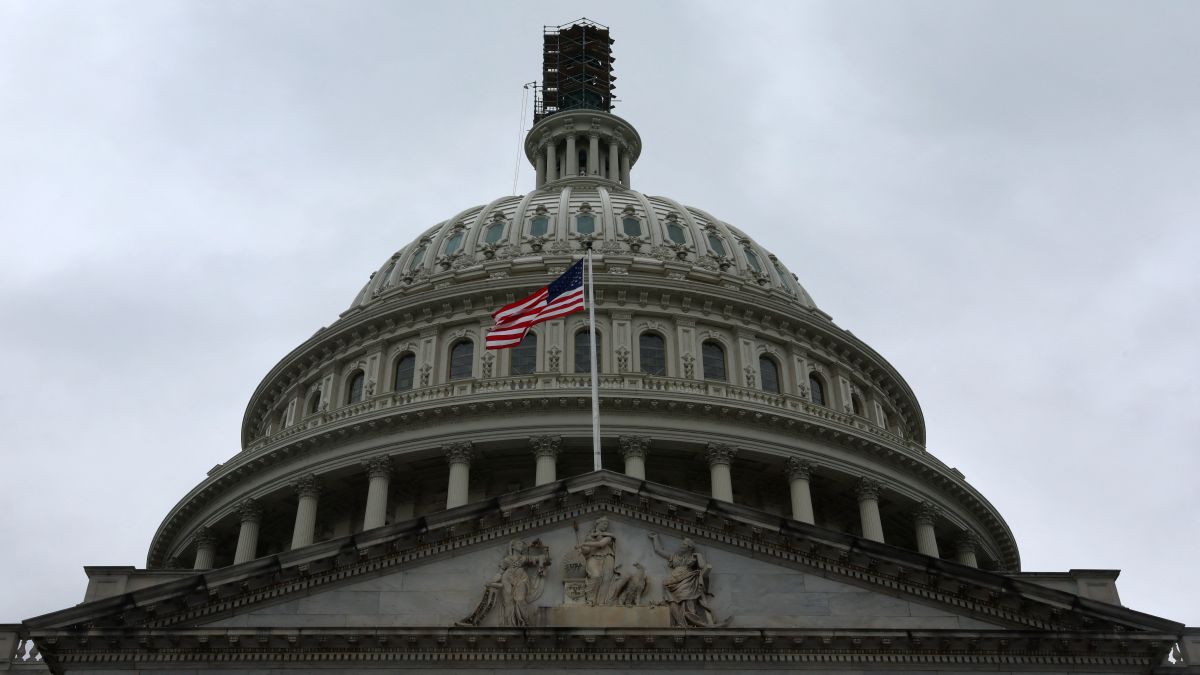
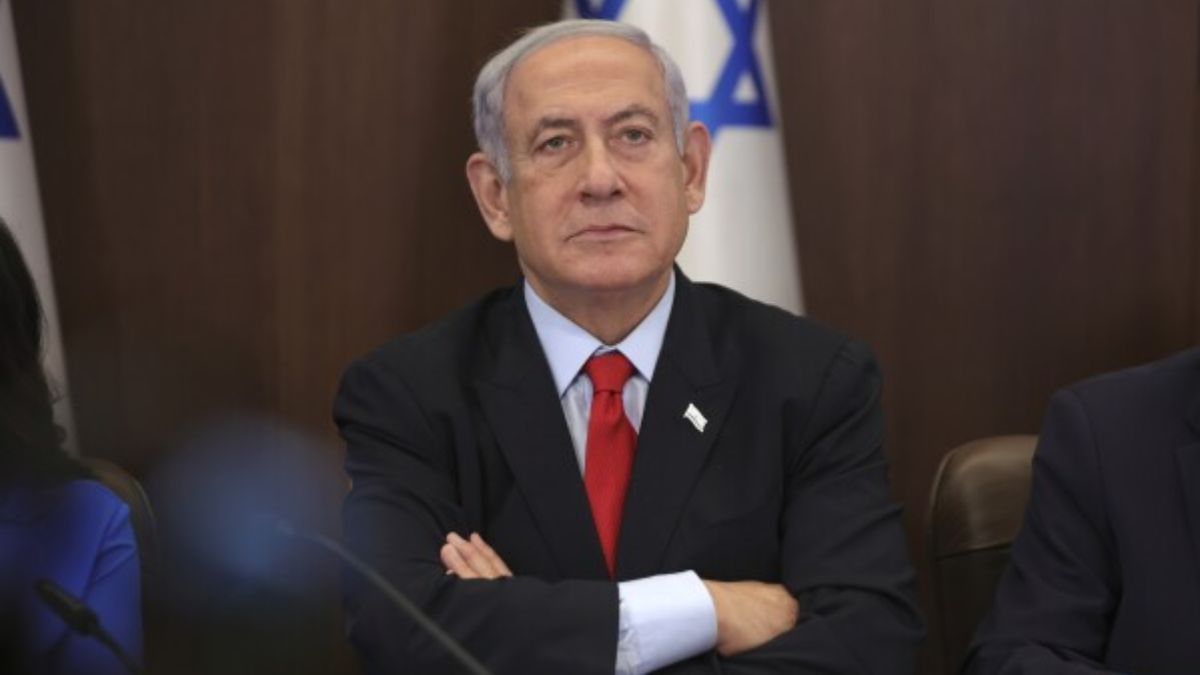)
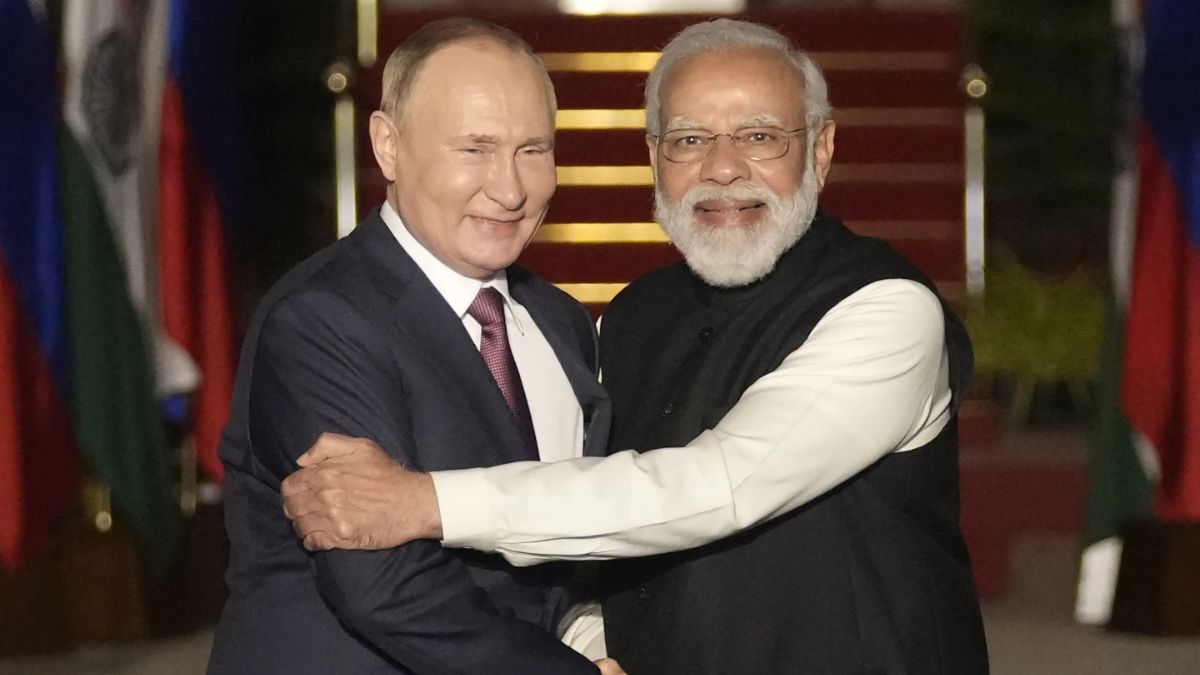)
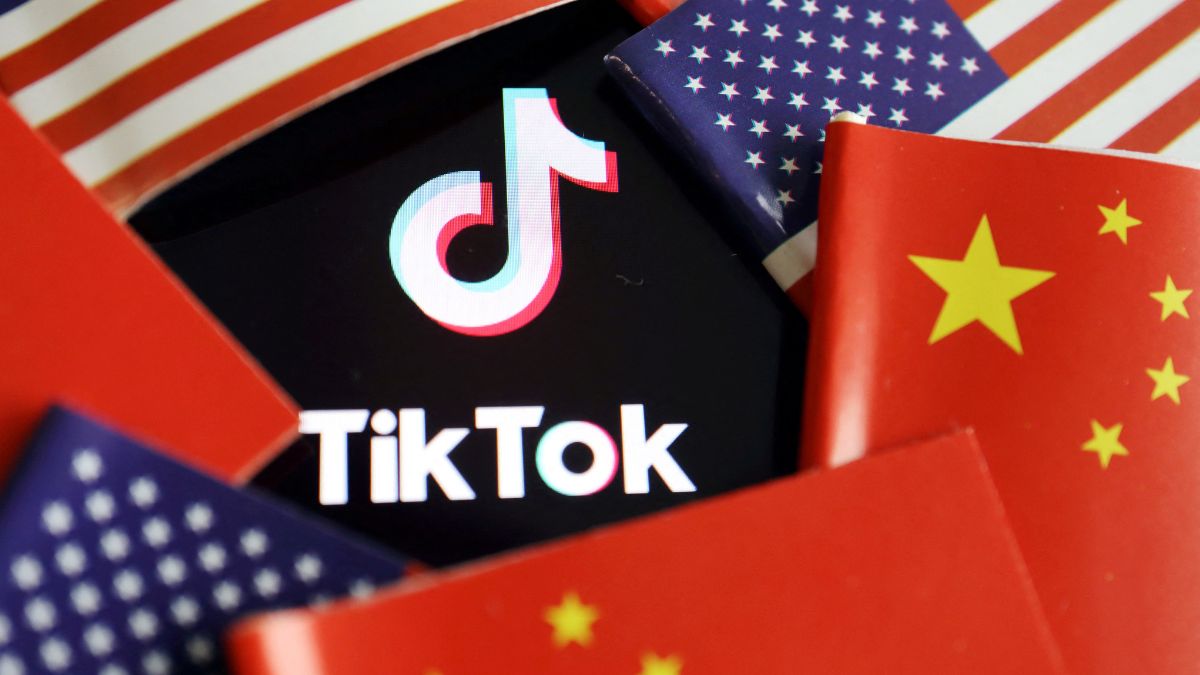)
)
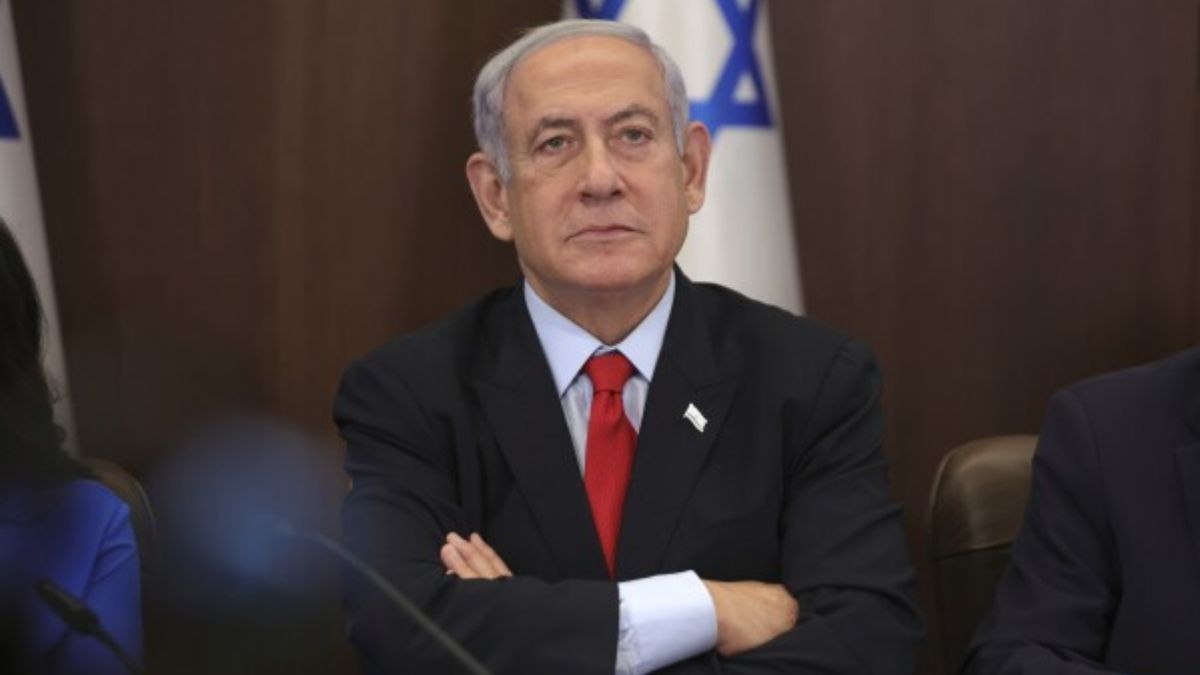)
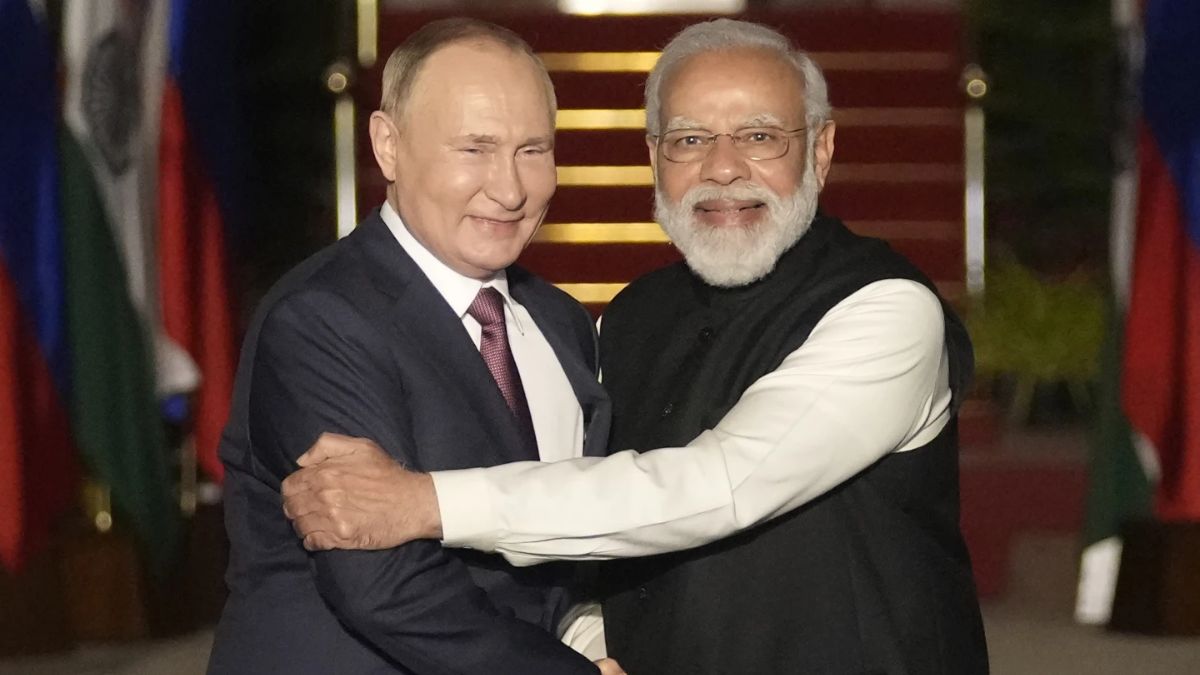)
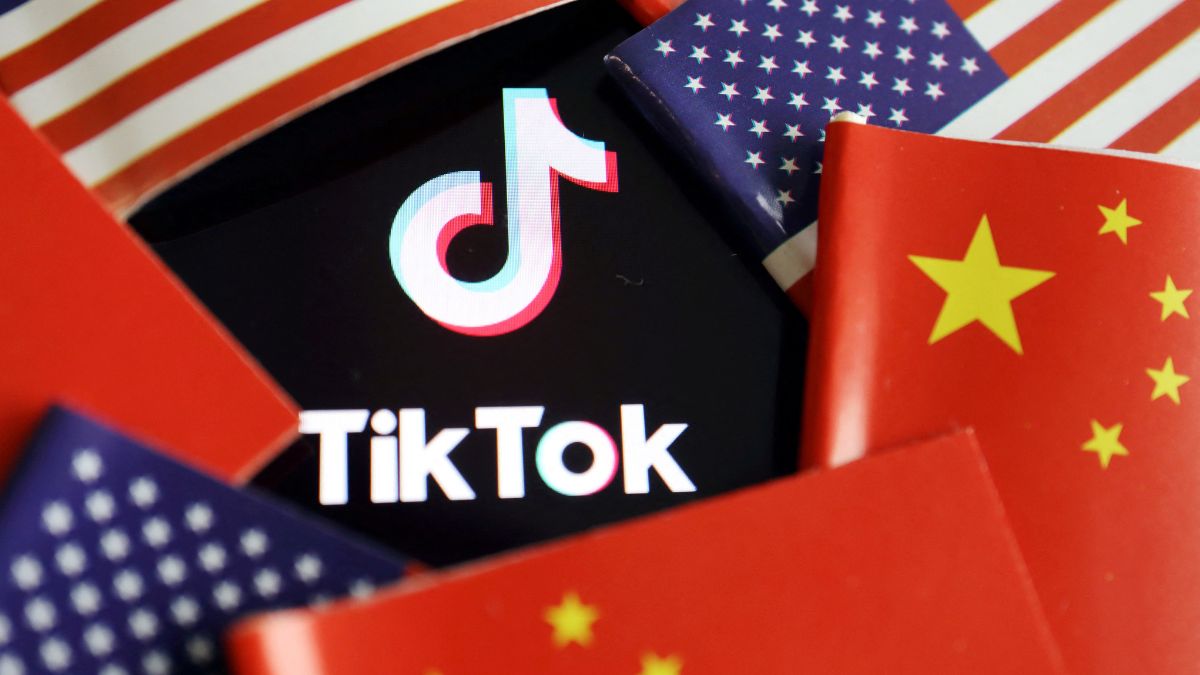)
)



